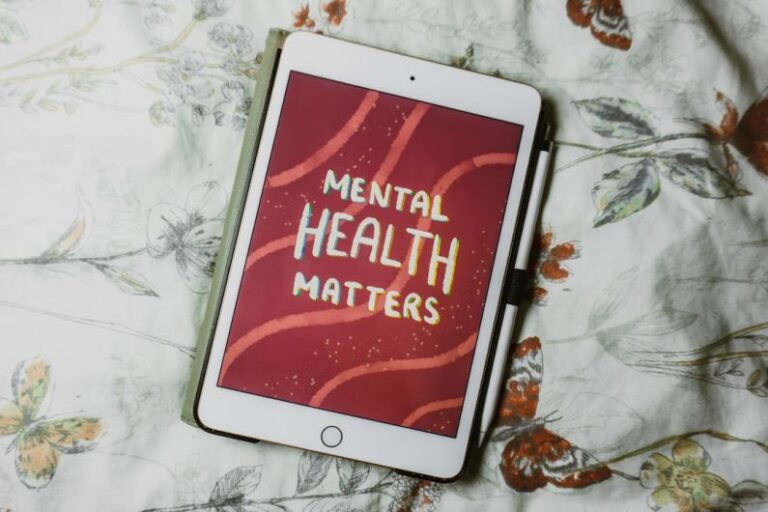The Importance of Self-care in Resilience Building
In today’s fast-paced and demanding world, where stress and uncertainty are prevalent, building resilience has become more crucial than ever. Resilience is the ability to bounce back from challenges, setbacks, and adversity. It is the strength that allows individuals to adapt and thrive in the face of difficulties. While there are various factors that contribute to resilience, one key aspect that often gets overlooked is self-care. The importance of self-care in resilience building cannot be overstated, as it forms the foundation upon which resilience is built.
### Understanding Resilience
Resilience is not a trait that individuals either possess or lack. It is a skill that can be developed and strengthened over time through intentional efforts. Resilient individuals are better equipped to handle stress, manage their emotions effectively, and maintain a positive outlook even in the face of challenges. They are able to adapt to changes, learn from their experiences, and grow stronger as a result. Developing resilience is essential for overall well-being and mental health.
### The Role of Self-care in Resilience Building
Self-care is often mistakenly seen as selfish or indulgent. However, self-care is a fundamental practice that is essential for building resilience. Self-care involves taking care of one’s physical, emotional, and mental well-being. It is about recognizing and honoring one’s needs, setting boundaries, and prioritizing activities that promote overall health and well-being. Engaging in self-care activities allows individuals to recharge, rejuvenate, and build the inner strength needed to navigate life’s challenges.
### Physical Self-care
Physical self-care involves taking care of one’s body through healthy lifestyle choices. This includes getting an adequate amount of sleep, eating nutritious foods, engaging in regular exercise, and staying hydrated. Physical self-care also encompasses attending to any medical needs, scheduling regular check-ups, and taking time to rest and relax. When individuals prioritize their physical health, they are better equipped to handle stress, remain focused, and maintain a positive mindset.
### Emotional Self-care
Emotional self-care involves acknowledging and processing one’s feelings in a healthy way. This includes expressing emotions, seeking support from others, practicing mindfulness and self-compassion, and engaging in activities that bring joy and fulfillment. Emotional self-care also involves setting boundaries with others, saying no when needed, and prioritizing activities that promote emotional well-being. By taking care of their emotional needs, individuals can build resilience and develop healthier coping mechanisms.
### Mental Self-care
Mental self-care involves nurturing one’s mind through activities that stimulate cognitive growth and development. This includes engaging in hobbies and interests, learning new skills, challenging oneself intellectually, and practicing mindfulness and meditation. Mental self-care also involves seeking professional help when needed, engaging in therapy or counseling, and developing healthy thought patterns and beliefs. By prioritizing mental self-care, individuals can improve their mental health, build resilience, and enhance their overall well-being.
### Cultivating Resilience Through Self-care
Self-care is not a luxury but a necessity for building resilience. When individuals prioritize self-care, they are better equipped to handle life’s challenges, bounce back from setbacks, and thrive in the face of adversity. By taking care of their physical, emotional, and mental well-being, individuals can build the inner strength needed to navigate obstacles and emerge stronger on the other side. Self-care is an essential component of resilience building and should be viewed as a vital practice for overall well-being.






